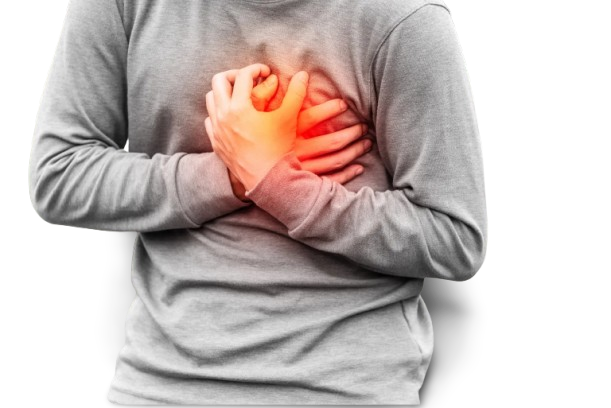Dizziness is a term used to describe a range of sensations, such as feeling faint, woozy, weak or unsteady. Dizziness that creates the false sense that you or your surroundings are spinning or moving is called vertigo (Mayo Clinic,2015).
OR
Dizziness is the feeling of being lightheaded, woozy, or unbalanced. It affects the sensory organs, specifically the eyes and ears, so it can sometimes cause fainting. Dizziness is not a disease, but rather a symptom of various disorders (Krucik, 2015).
What causes dizziness?
- Low Blood Sugar (Hypoglycemia)
- Labyrinthitis
- Hypotension
- High blood pressure
- Meniere's Disease (Meniere's disease is a disorder that affects the inner ear)
- Abnormal Heart Rhythms
- Heart Attack
- Stroke
- Bleeding
- Hyperventilation
- Dehydration
- Heat Emergencies
- Beriberi (Beriberi is a disease caused by a vitamin B1 (thiamine) deficiency).
- Hypovolemic Shock
- Middle Ear Infection
- Vertebrobasilar Circulatory Disorders
- Cold & Flu
- Benign Positional Vertigo
- Ventricular Tachycardia
- Whiplash (Whiplash occurs when a person's head moves backward and then forward very suddenly with great force).
- Caffeine Overdose
- Paroxysmal Supraventricular Tachycardia (PSVT)
- Atrial Flutter
- Pregnancy
- Chemical Burns
- Respiratory Alkalosis
- Dizziness caused by medications
- Dizziness caused by aging:
*Reduced capacity for exercise or activity, weakness, and deconditioning
* Reduced ability for the blood circulation to compensate for quickly assuming an upright position (orthostatic hypotension)
* Hardening of the arteries (arteriosclerosis)
* Neuropathy (a progressive dysfunction of the nerves that is caused by different illnesses, especially diabetes)
* Menopause
* Poor eyesight and coordination
* Dementia
- Dizziness caused by psychiatric conditions: Depression, anxiety, or panic disorder
- Dandy's syndrome is a feeling of everything bouncing up and down. It can happen to people who take an antibiotic that is toxic to the ear. It usually improves over time.
References:
- http://www.mayoclinic.org/diseases-conditions/dizziness/basics/definition/con-20023004
- http://www.healthline.com/symptom/dizziness
- http://www.webmd.com/first-aid/understanding-dizziness-basics
- http://www.emedicinehealth.com/dizziness/page2_em.htm




































